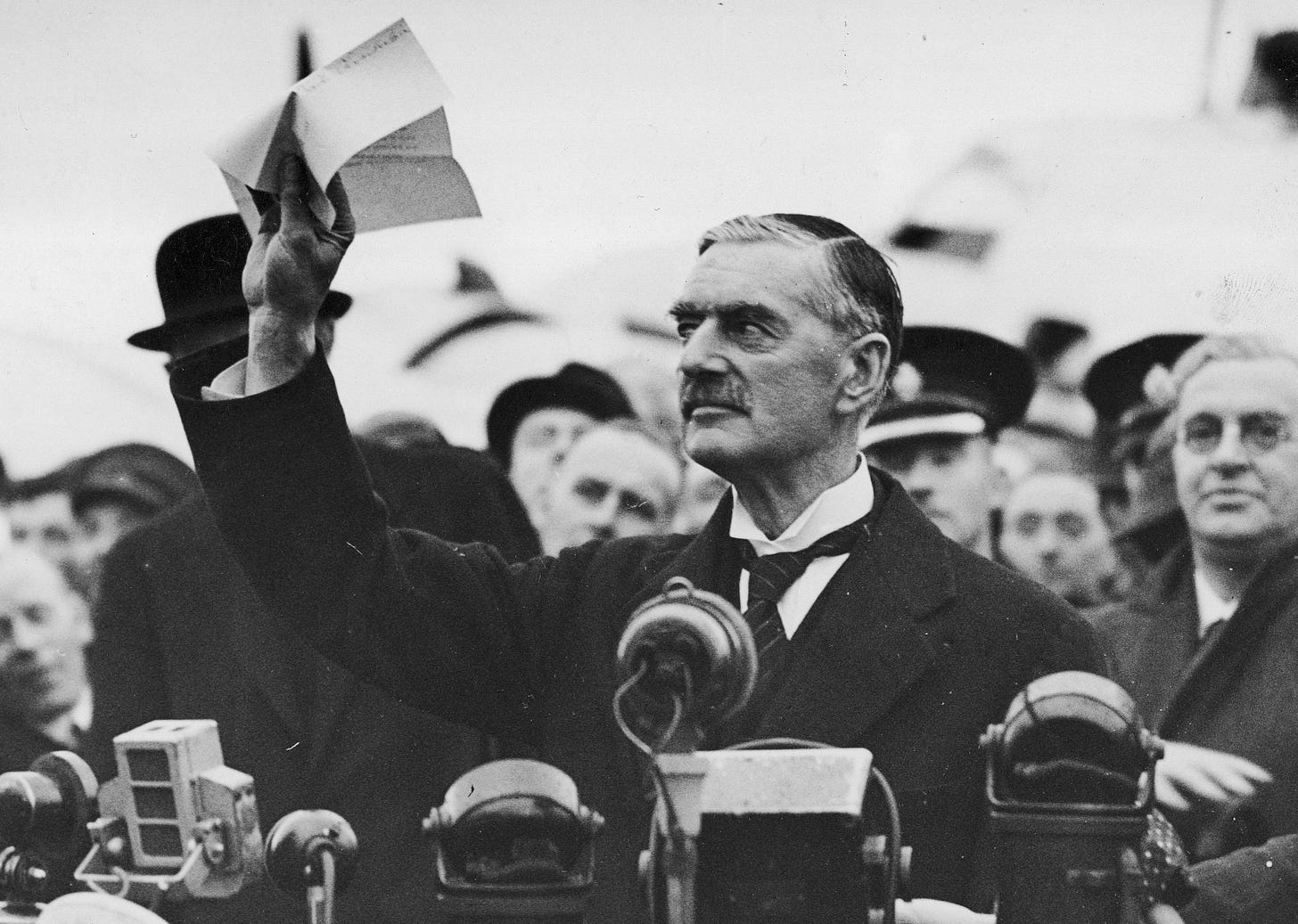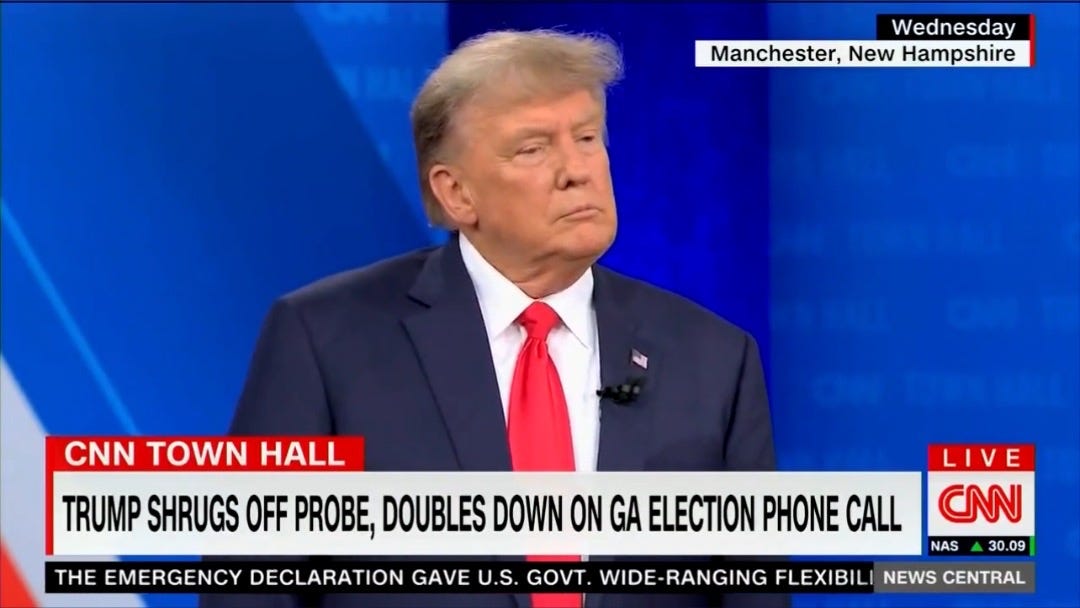Twenty-four hours after listening to Trump for 70 minutes, I still feel uncomfortable that he's back in the political arena. Of course, his devoted fans will quickly remind me that their leader never left them and that he is the legitimate president whose election was stolen. But I had somehow forgotten how toxic his presence in American politics and society has been. Briefly, mistakenly, and hopefully, I saw neofascism as something of the past.
How wrong I was. Thanks to CNN, he's back on the center stage of American politics. His uncountable lies, arrogance, and disrespect for others popped up on my Twitter feed and in my memory all day. And the way he whips up support with the laughter and applause of his half-witted fans still rings in my ears. Increasingly his loyal Christian nationalist fans conflate Trump with Jesus and Christianity with the MAGA cause.
But perhaps we should look elsewhere in the Bible, where King Hezekiah of Judah ignores warnings about the future of his kingdom because he doesn't expect destruction to come during his lifetime. He's a leader who doesn't care about the next generation and thinks, in 2 Kings 20:19, "Why not, if there will be peace and security in my days?"
It was one of the biblical verses that led in the 6th or 7th century to Da pacem Domine, meaning: Give peace, Lord. This was paraphrased by Martin Luther in German in 1529 as "Verleih uns Frieden" and thus found its way some two hundred years later to the cantatas of Johann Sebastian Bach.
Meanwhile, the phrase had also made it to the Common Book of Prayer in England, which considerably influenced modern English, together with the King James Version of the Bible and Shakespeare's works. Many phrases have been used in non-religious contexts, and a prime example is how Hezekiah's "peace and security in my days" still lives on as "peace in our time."

King Hezekiah's short-termism policies towards the end of his life may have been forgotten, but we all will remember British Prime Minister Neville Chamberlain. His use of the phrase "Peace for our time" in September 1938 when referring to the Munich Agreement, less than a year before Hitler invaded Poland, which started the Second World War, has given it an ironic value. He may not have been aware of Hezekiah and likely echoed Disraeli, who spoke the same line when he returned from the Congress of Berlin in 1878.
We remember the line now as "Peace in our time," not "for," which again shows the influence of the Common Book of Prayer (or Hezekiah some 2500 years before Chamberlain, if you will).
Trump may have missed all these biblical and historical contexts. You will likely agree with me if you see the Bloomberg Politics interview he once gave about his favorite book, the Bible. Although he did insist that the holy book is "incredible" and "special" to him, the supposedly devout Christian fails to name even one of his favorite Bible verses. (If you missed it, it's in the notes).
Keep reading with a 7-day free trial
Subscribe to The Planet 🌎 to keep reading this post and get 7 days of free access to the full post archives.





